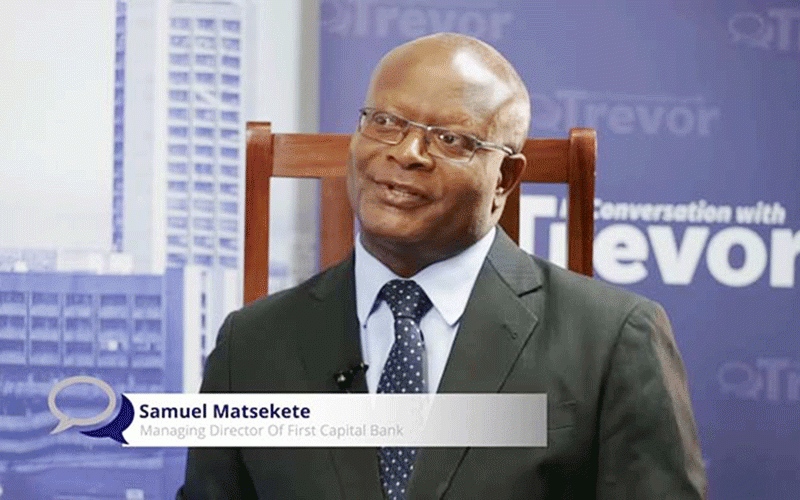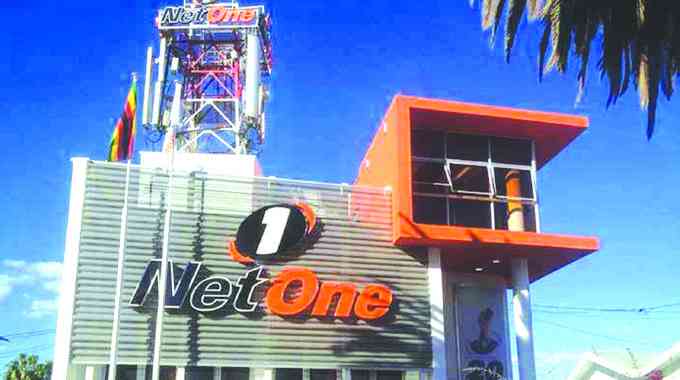OLD Mutual Zimbabwe Limited’s (OMZ) recorded a 4 784% increase on its O’mari platform, which rallied customer growth to 113%, driving the group’s digital transformation efforts last year.
Nearly two weeks back, OMZ’s South African parent company, Old Mutual Limited, revealed that its subsidiary’s O’mari platform had acquired 1,3 million customers since its launch in May 2023.
O’mari is the fintech arm of OMZ, offering O’mari Wallet, O’mari FoodCare, O’mari HomeCare and O’Mari SchoolCare.
In OMZ’s financial results for the year ended December 31, 2024, the group’s chief executive officer Samuel Matsekete said the firm invested in enhancing its digital platforms and added new products and services for customers to access digitally.
“This saw sustained growth in our customer base, and increased usage of digital channels. Total transactions on the O’mari platform, for example, increased by 4 784% from the prior year, with a corresponding increase in customers by 113%,” he said.
- ZMX lauds auction, mobilises 29k metric tonnes from farmers
- Dairibord profit soars on drop in finance costs
- Trade unions warn of globalisation pitfalls
- Old Mutual links assets to liabilities amid ZiG volatility
- New labour body to champion workers’ rights in Zimbabwe
“Products we strengthened on digital platforms included cross-border money transfer services, home insurance and medical aid.
“The home insurance product is underwritten by the group’s general insurance business, while the medical insurance propositions include offerings co-created with partners to extend affordable access to private and public healthcare for our customers.”
He said the fintech propositions were designed to support financial inclusion and contribute to efforts to grow insurance penetration in the Zimbabwean market.
“Our efforts continue to be shaped by the needs and demands of our customers. We remain committed to responding with innovative new products and services leveraging the collective capabilities of the group and our partners,” Matsekete said.
“The conclusion of major technology projects that we commenced in 2024 will support the focus on profitable growth anchored primarily by the bouquet of products and services already developed and in place.”
Despite the digital business growth, OMZ’s total revenue and other income was lower at ZiG3,89 billion compared to the prior year’s ZiG6,93 billion.
Net investment revenue was ZiG1,23 billion whilst non-insurance revenue and income was just over ZiG3 billion, from the total amount.
Insurance revenue, however, was a negative ZiG340,69 million, owing to significant increases in insurance service expenses and net expenses from reinsurance contracts.
The drop in revenue led to a profit after tax of ZiG724,46 million, nearly 63,5% down from the prior year.
“The decline in profit was due to a change in the accounting basis from a ZWL functional currency in the comparative period to a USD functional currency in 2024 reflecting an increase in USD inflows in the business,” Matsekete said.
“The change in the functional currency has resulted in significant exchange gains and nominal fair value gains accounted for in 2023 under hyperinflationary conditions not being repeated due to the adoption of a stable currency.
“The financial statements were prepared in USD and are presented in ZiG to ensure compliance with the regulatory requirements as prescribed by the Reserve Bank of Zimbabwe (RBZ) in the Monetary Policy statement presented on the 6th of February 2025.”
He said the group continued to register strong growth across its operations.
“In the life business, insurance revenue grew by 27% reflecting the impact of efforts to grow business underwritten. The pension administration business, however sustained an expense ratio of 126% reflecting the impact of capped fees on certain fee lines,” Matsekete said.
“The general insurance business registered an underwriting margin of 14%, reflecting a strong underwriting discipline and favourable claims outcome for the year.
“In the banking and lending businesses, the mix of loans were skewed towards US dollar loans, in line with the currency mix of transactions in the market.”
Increased volumes of US dollar transactions supported a growth of 17% in non-funded income.
“The quality of the loan book reflected a nonperforming loan ratio of less than 2% for CABS and a portfolio at risk ratio of less than 10% for the micro-lending book,” Matsekete said.
“Funds under management in the investment management business line decreased by 6% year on year whilst net client cash flows of ZiG1,9 billion were registered during the year, of which ZiG619 million was deployed into alternative assets (private equity).
Occupancy ratios for the property portfolio averaged 80%.
Non-insurance expenses fell nearly 40% to ZiG2,89 billion during the period under review, from the 2023 comparative.
Total assets were ZiG38,08 billion.













